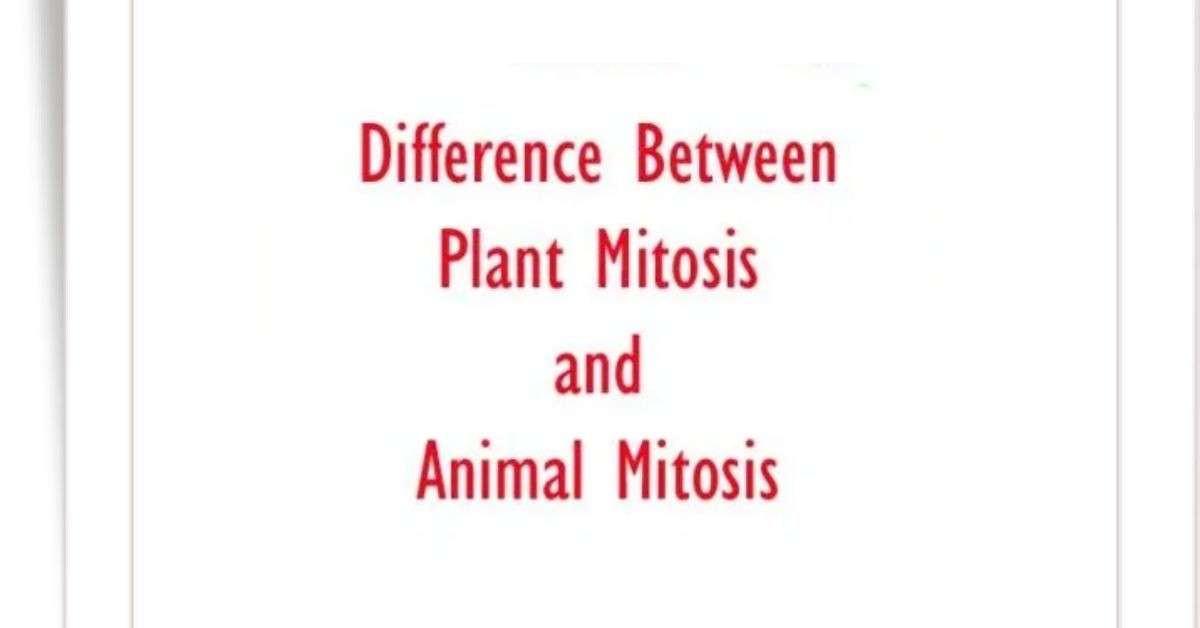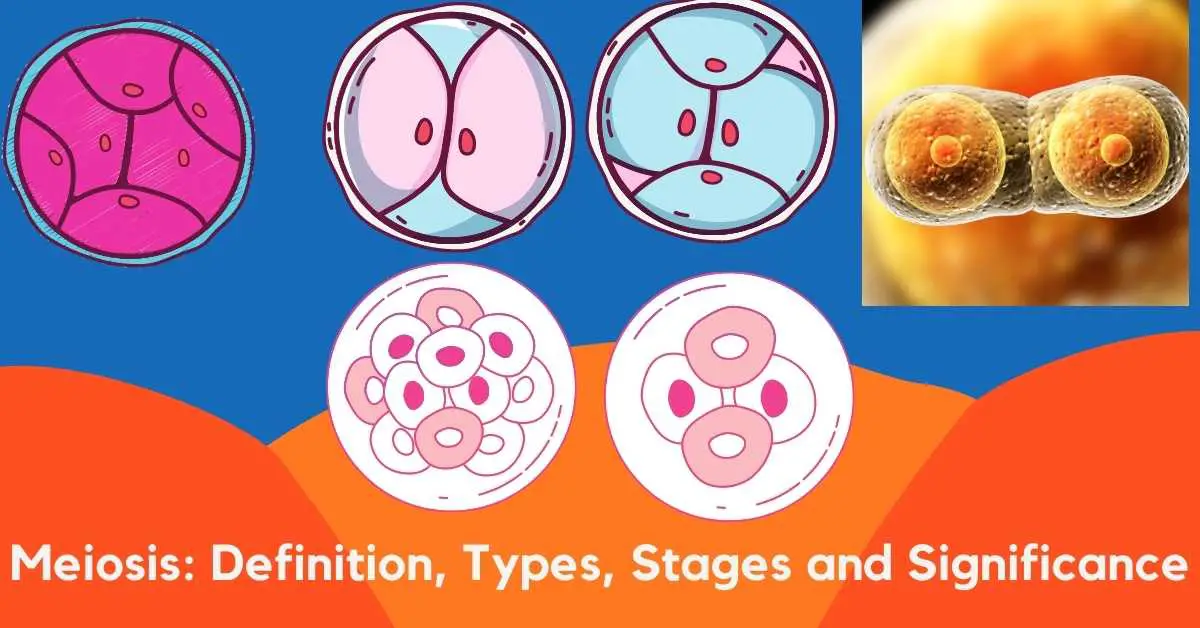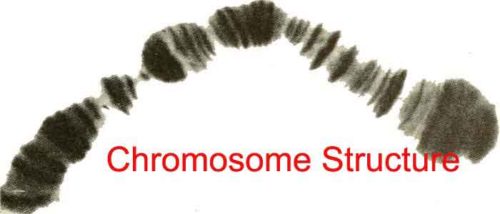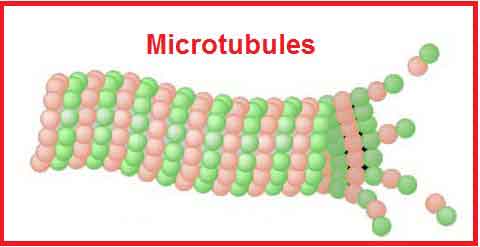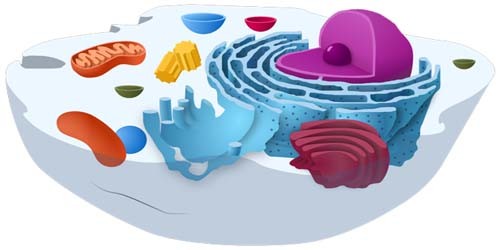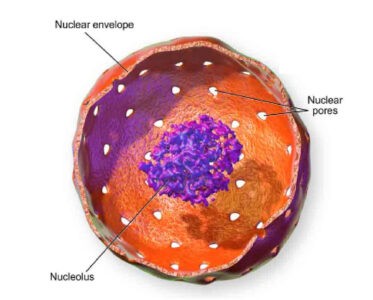Difference Between Plant Mitosis and Animal Mitosis
The cell division is the process by which organisms generate new cells. By this process, a single parent cell divides and creates identical daughter cells. During cell division, the parent cell duplicates its genetic material (DNA) and transmits to the daughter cells. There are three types of cell division such as amitosis, mitosis and meiosis. … Read more

